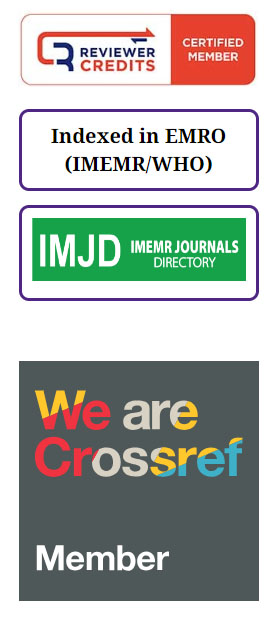IMPACT OF SIMULATION-BASED LEARNING ON CLINICAL SKILLS AMONG MEDICAL STUDENTS OF PESHAWAR PAKISTAN
Keywords:
Simulation, Clinical skills, medical students, EducationAbstract
ABSTRACT
Background:
Simulation-based learning (SBL) has proven to be a powerful learning method in medical schools in contrast to more traditional approaches. The objective is to determine the effects of simulation-based learning on learning clinical skills among medical students.
Methods:
This was an experimental study conducted at department of medical education Pak International Medical College, Peshawar from February 2025 to June 2025. This study involved 100 medical students who were randomly allocated into two groups, patient simulation training and traditional bedside training. The simulation group included high-fidelity manikin and standardized patient simulations in students. Objective Structured Clinical Examinations (OSCEs) and skills checklists were used to evaluate them. Analysis was done statistically using SPSS software and the results were expressed in terms of mean +- standard deviation.
Results:
100 medical students (40 and 40) participated in the 2 groups (200 in total). The mean age of the sample subjects was 21.4 +- 1.8. The performance of the group of employees in the OSCE was also much higher in the simulation-based group in comparison with the traditional group (22.4 +- 6.5 vs. 21.8 +- 7.3, p = 0.001). Simulation based training was also determined to enhance self-reported clinical skills and communication skills abilities among students. Additional examination revealed that errors were less in the simulation group, and improved retention in the follow-up tests.
Conclusion:
Clinical skills, confidence and competence in medical students during the process of learning are better taught through simulation-based learning compared to traditional teaching.
Keywords: Simulation, Clinical skills, medical students, Education




